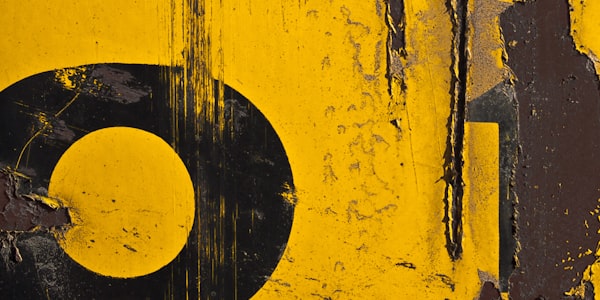It takes a lot to stress the Nederburg Auction PR team: snow on Table Mountain on the first day of festivities and the lawn in front of the Manor House looking like the set for Mud Wrestling Women thanks to Noahesque weather arrangements were all just so much water off a duck’s back. But the cherry on the top of the Nederburg Brut Mimosa cocktail was the keynote speaker departing from her typed speech, resulting in the best ever address this Nederburg Auction groupie has ever sat through. But keynote speaker Monika Christmann is that kind of person – a free spirit and famous taster who recommended the water jug on her podium be filled with wine.

One of the most respected wine researchers in the world, Professor Christmann from the Geisenheim State Research Institute in Germany, delivered a tour de force appraisal of the role of modern technology in shaping future wine trends. The best quote in her speech was came from Bloemfontein-born Sakkie Pretorius, managing director of the Australian Wine Research Institute, who noted that the Stone Age didn’t end because people ran out of stones. Rather, it was new technologies that shifted the paradigm.
Which is about to happen in wine production as technical innovations to reduce swingeing alcohol levels, concentrate must to produce wines with improved mouth feel and methods to reduce volatile acidity (VA) come on stream around the world. Everywhere, except in Europe, where the embrace of the traditional is especially intense.
If traditional methods are to be preferred just because they’re traditional, how come we’re noting using Roman rules to make wine asked Monika – adding seawater, honey, myrrh and even anchovies, for example. Of course the winemaking map of Europe is changing rapidly and radically as the Netherlands, Denmark and Sweden join the ranks of wine growing nations thanks to Global Climate Change.
In spite of an expanding club of producers, European wine consumption is down 50% as young drinkers in Spain, France and Italy embrace the spirit world. The result is increased competition for a shrinking cake and new technologies clearly have an important role to play in a renaissance of European wine – if politicians in Brussels will let market forces prevail.
Chaos is the status quo at the moment with new technologies forbidden for European producers while no such restrictions apply to foreign wines sold in the EU. Dr. Christmann gave as example wines sold by a UK supermarket chain from South Africa and the Languedoc that had had alcohol levels reduced by around 2% using reverse osmosis. When it was pointed out that the Languedoc is still part of France and hence the EU, the Languedoc brand was declared illegal and replaced by a technologically manipulated substitute from California within the week. Cue howls of outrage and self-righteous pontificating politicians.
Towards the end of her address, Dr. Christmann raised the Frankenstein scenario of tomorrow’s winemaker living in Iceland assembling an international cuvée using aroma fractions from Germany, colour fractions from South Africa, water from Italy and acids from France. “A future we’re not in favour of” as she noted to widespread Noddy activity in the audience. But if the consumer is indeed the most important person in the wine equation as she’d earlier averred, is the good doctor not being just a tad disingenuous if she demands national purity for wine while driving a Volkswagen with a Mexican motor, Chinese chassis and Brazilian brakes?



